
To mark our seventh anniversary on August 1, 2017, we announced the inaugural Brittle Paper Literary Awards, to recognize the finest, original pieces of African writing published online. The awards come in five categories: Fiction, Poetry, Nonfiction, Essays/Think Pieces, and the Anniversary Award for works published on our blog. The winners in the fiction, poetry, creative nonfiction and essays/think pieces categories will receive $200 each, while the winner of our Anniversary Award will receive $300. The winners will be announced on October 23, 2017.
THE 12 NOMINEES FOR THE BRITTLE PAPER ANNIVERSARY AWARD
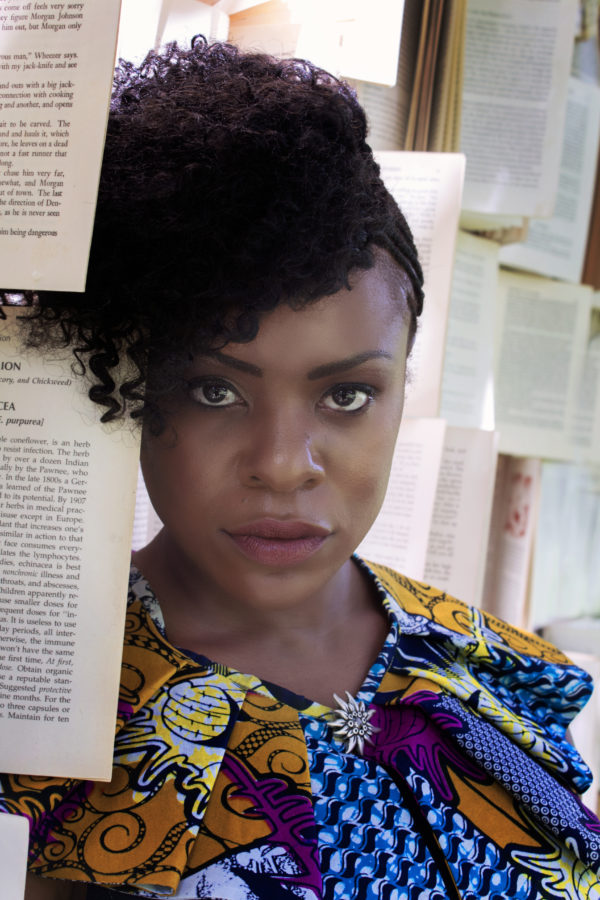
Nana Nkweti (Cameroon), for “Schoolyard Cannibal” (Prose-poetry)
Nana Nkweti is a Cameroonian-American writer and the Fall 2017 Phillip Roth Writer-in-Residence at the Stadler Center for Poetry, Bucknell University. She is a graduate of the Iowa Writers’ Workshop and has been awarded fellowships from MacDowell, Vermont Studio Center, Ucross, Byrdcliffe, Kimbilio, Hub City Writers, Virginia Center for the Creative Arts, and Clarion West Writers Workshop. As a Professor of English, she has taught fiction and special topics courses that explore her eclectic literary interests: ranging from graphic novels to medical humanities on to exploring works by female authors in genres such as horror, afrofuturism, and mystery. Nana’s writing has been published and is forthcoming in journals and magazines such as Brittle Paper, New Orleans Review, and The Baffler, amongst others. Her short story collection, Like Walking on Cowry Shells, focuses on the lives of hyphenated-Americans who share her multi-cultural heritage in the United States and Africa. The book spans genres – literary realism, horror, mystery, YA, science fiction – and features complex, fully-embodied characters: tongue-tied linguistic anthropologists, comic book enthusiasts and even alleged sex-ring operators. She hopes her stories entertain readers while also offering them a counterpoint to prevalent “heart of darkness” writing that too often depicts a singular “African” experience plagued by locusts, hunger, and tribal in-fighting.
An Admissions counselor at your dream college speaks of wondrous opportunities. She leans in to share a moment with you, future Ivy-Leaguer. “Your kind does so well here,” she murmurs, adding confidentially, “Not like those others.” Her smile is knowing. So you smile back. Are you smiling in agreement? In gratitude? Because those who once hurt you are now made small? You’re undecided.
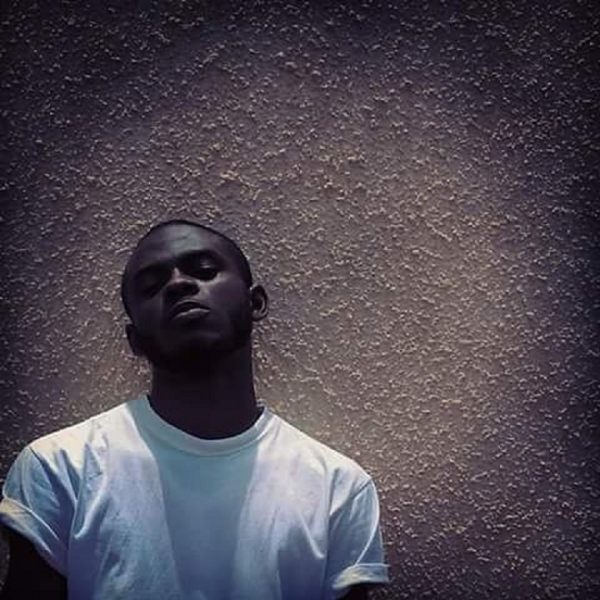
J.K. Anowe (Nigeria), for “You Sing of a Leaving” (Poetry)
J.K. Anowe’s poems have been nominated for the Best On The Net, longlisted for the BN Poetry Award, and have appeared in Brittle Paper, Elsewhere Lit, Gnarled Oak, Poetry Life & Times, Expound Magazine, African Writer, The Muse journal of the University of Nigeria, Nsukka, and Praxis Magazine Online where he is Associate Poetry Editor. He is the recipient of the Festus Iyayi Award for Excellence (Poetry Category), University of Benin. When he’s not consumed by wanderlust, he lives, teaches French/Literature to a bunch of spoilt high school kids, and writes from somewhere in Nigeria, for now.
i’m sorry i jerked off before we made it to the bed sorrier
this poem of a future long past still is a knife stuck in my windpipe i’m only a man because god wore damaged boys inside-out so well they co-uld pass for his empty breastpockets.
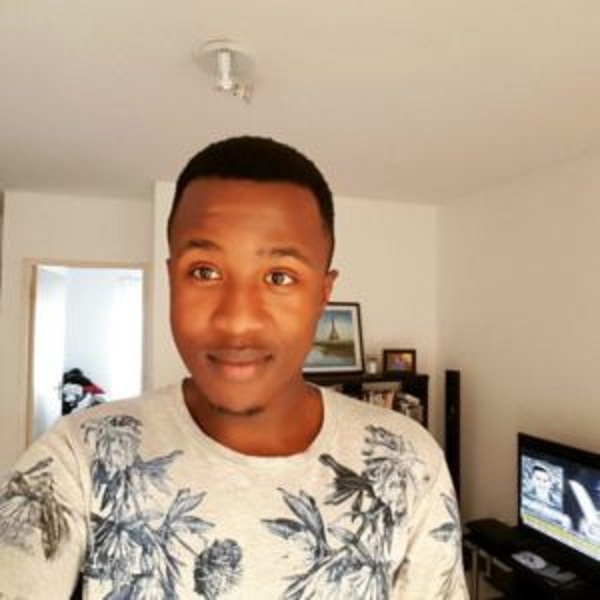
Andile Ndlovu (South Africa), for “Love Is Not Apolitical” (Fiction)
Andile Ndlovu is a Johannesburg-based journalist who can’t afford to quit his full-time paying job and focus on his manuscript, which is also why he has not approached any prospective publishers of this said manuscript – for fear he will miss deadlines. He is also frustrated with its arc, and has momentarily abandoned it. For now, he continues to write short stories and apply for writing fellowships all around the world.
She was a bit of an enigma. She could go from reprimanding people on Twitter for slut-shaming female celebrities like Taylor Swift and Rihanna and Amber Rose, to telling you she didn’t care if the national rugby team won or lost the World Cup, because the coach had intentionally left out talented black players, to telling you about this fascinating feature in GQ magazine about how Adidas was moving in on Nike’s turf in America and was planning to usurp the sportswear company as leaders in that market. She also listened to Erykah Badu and Thandiswa Mazwai and Azealia Banks and Kate Bush and read books from Toni Morrison and Alice Walker.
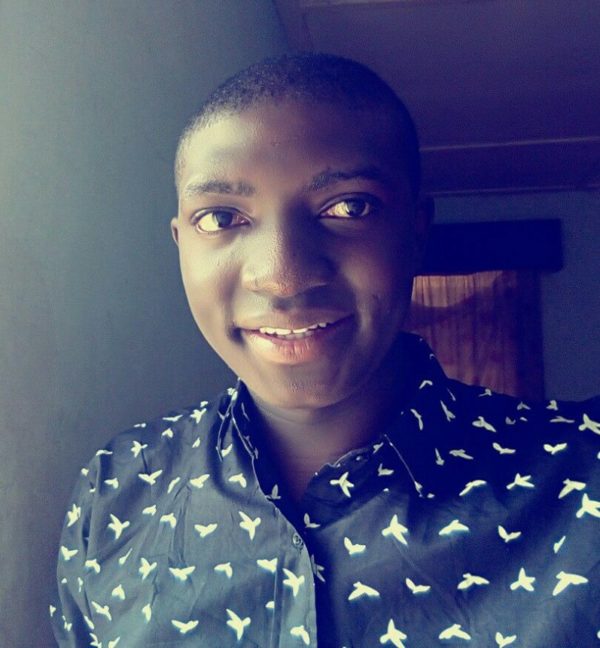
Wale Owoade (Nigeria), for “Because Your Body Took the Wrong Way Home” (Poetry)
Wale Owoade is the founder and managing editor of Expound. His work has appeared and is forthcoming in African American Review, Transition, Guernica, Duende, The Brooklyn Review, Jalada, The Collagist, Pittsburgh Poetry Review, and several others. He has received a Pushcart Prize nomination and some of his poems have been translated into Bengali, German and Spanish. He is a Research Institute for World History (Tokyo) scholar.
I saw you trembling at the eyes of men and they said a boy once waited at the center of your prayer, and they won’t stop reaching into their bile to throw punches and curses at you but you stayed then you ran then you stopped because you are broken then you started crying not because you will die but because it’s late and your mother is a smoke waiting to hide you.
Rapum Kambili (Nigeria), for “Gay Wars: The Battle of the Bitches (or The Tops and Bottoms of Being Out in Nigeria)” (Essay)
Rapum Kambili‘s short stories have appeared in an anthology and a magazine in Nigeria and the US. He is the founder and editor-in-chief of the Nigerian queer literary collective 14.
Fast-forward a few years later, and I am in my final year in university, and my friend Ken has told me that “Louis said he likes you but the only problem is that you’re out, even to the girls in your class.” Louis is a boy that I had asked out, a boy who knows I know he’s gay, and yet told me, “Guy, I don’t know what you’re talking about.” People think he’s sweet and kind, but all the bitches I know say he’s a bitch.
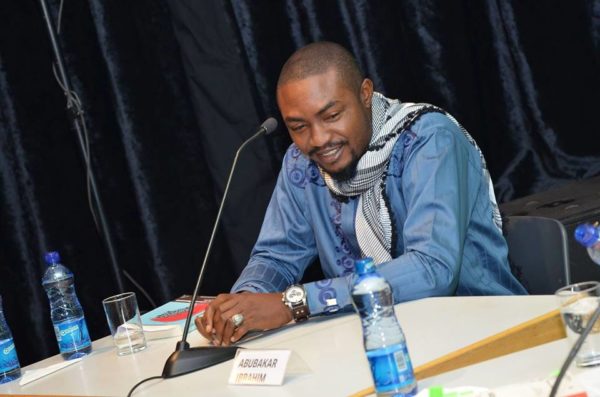
Abubakar Adam Ibrahim (Nigeria), for “The Weight of Silence” (Fiction)
Abubakar Adam Ibrahim is most recently the winner of the NLNG Nigeria Prize for Literature for his novel Season of Crimson Blossoms (Parresia, Lagos; Cassava Republic, London). He is also the author of the short story collection, The Whispering Trees (2013), which was longlisted for the maiden Etisalat Prize for Literature with the title story shortlisted for the 2013 Caine Prize for African Writing. He has also won the BBC African Performance Prize and the Goethe Instut/Sylt Foundation African Writer’s Residency Award. A Gabriel Garcia Marquez Fellow and a Civitella Ranieri Fellow, he is listed in the Hay Festival Africa39 List of the most promising African writers under the age of 40 with potential to define future trends in African writing.
DO YOU believe in karma or do you call it something else, like kismet or qadr or providence? Or have you, over the years, along with your inexplicable taste for self-destruction, acquired a penchant for dismissing such things as incidental, as has become fashionable? Did you ever imagine, even in your wildest dreams, and such wild dreams you had, Zaituna, that on your 21st birthday you would end up like this, stretched out on a bed for the third night running; unmoving, unfeeling, unconscious, undead, unliving?
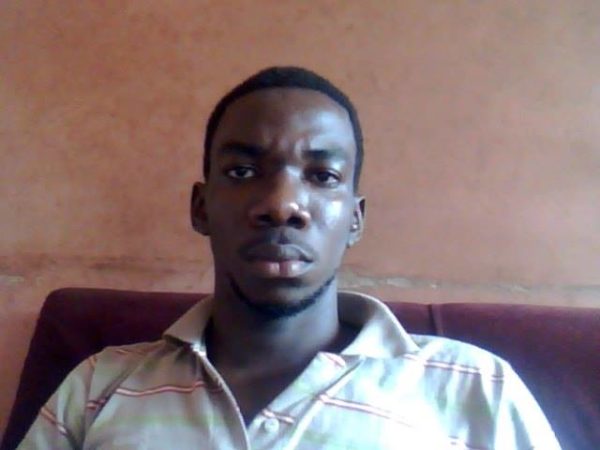
Nzube Ifechukwu (Nigeria), for “Nwangene” (Creative Nonfiction)
Nzube Ifechukwu was born in Onitsha, Nigeria, where he also grew up. Originally from Ichi and Awkuzu, both in Anambra state, Nigeria, he studied electrical engineering at the University of Nigeria, Nsukka. He lives in Ichi and teaches physics and further mathematics at a secondary school in Oba, a nearby town. His Igbo poems (alongside their English translations also by him) and his Igbo translation of a fable by Ngũgĩ wa Thiong’o have all appeared on Jalada. He blogs at nzubeifechukwu.blogspot.com.ng.
Pure white egrets swarm over the creek, hovering lowly over the verdant sward across the centre which is believed to overlay a brook, sometimes perching on the sward—webbed-feet birds don’t drown. In the afternoons, scruffy herdsmen goad their white and black and brindle cattle to the sward—four-legged creatures don’t drown, but how about the herdsmen?
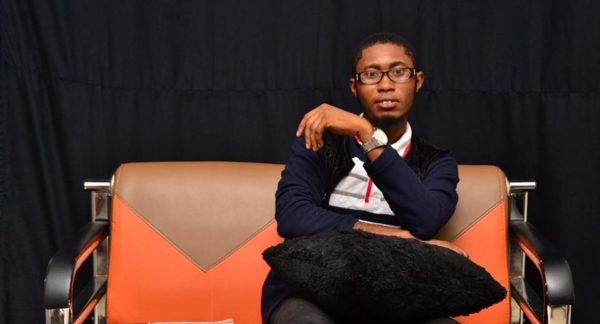
Chibuihe Obi (Nigeria), for “We’re Queer, We’re Here” (Essay)
Chibuihe Obi is a poet, prose writer, and photographer. He is an editor at Expound.
The threats are overwhelming. I do not speak only for myself. I speak for every queer voice speaking into the Nigerian literary space. Asking us to make public the names and identities of the assailants reeks of zeal without knowledge. There are no guarantees whatsoever of any sort of safety afterwards. The system is screwed, tilted against the queer body. What happens after the hashtags and social media solidarity? Writers of queer literature must brace themselves and raise their voices above any form of oppression. We have stayed in this silence for long. It has been long. It is enough.
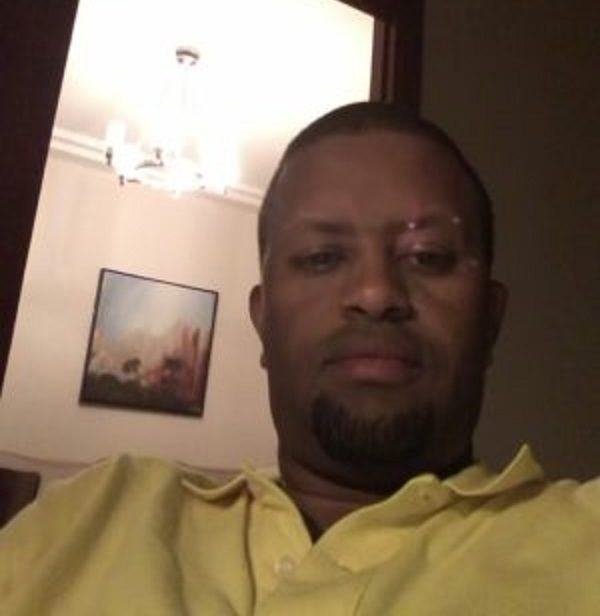
Abifatah Shafat (Somalia), for “Not Guilty” (Fiction)
Abdifatah Shafat is a short story writer based in Minneapolis, Minnesota, USA. He has previously been in African Writing Online, Mizna, and Munyori Literary Journal. His short stories revolve around immigrant experiences.
The day of the verdict, colorful hijabs and hennaed beards animate the expanse between the Minneapolis courthouse and the downtown train station. It’s as if the crowd is going to a wedding. Aideed’s lawyer has insisted that as many people as possible attend the hearings since it is likely to tilt the judge’s decision favorably. The dead men’s families also come in droves. They wave placards Hassan interprets for Hawo that read: KILL THE KILLER, and JAIL HIM FOR LIFE, and AIDEED IS A TERRORIST.
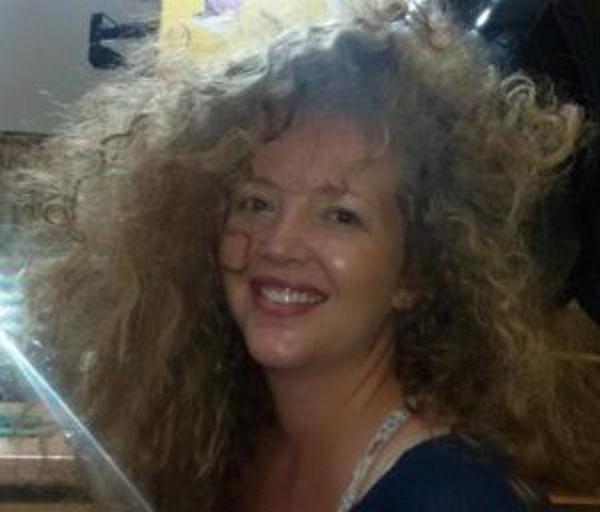
A. Awosanya (Uganda/ Nigeria/ USA), for “Kampala Love Spell (A Westerner’s Preparation)” (Poetry)
A. Awosanya has a BA in Community Studies from University of California, Santa Cruz and an MFA in Creative Writing from Antioch University, Los Angeles. Currently, she lives in east Africa with her husband and son. She loves reading, writing, and spending time in the literary community where she facilitates writing sessions and workshops (and generally causes trouble). She’s obsessed with marabou storks, street preachers, and other peculiar things in her current environment.
Four rolled fish skins dried
in the Ggaba sun and shit on
by at least three different varieties of birds,
one of which must be
a marabou stork,
A helmet which a foreigner
wears on a boda boda,
Two chapatis and one pancake
from a street vendor in Kabalagala.
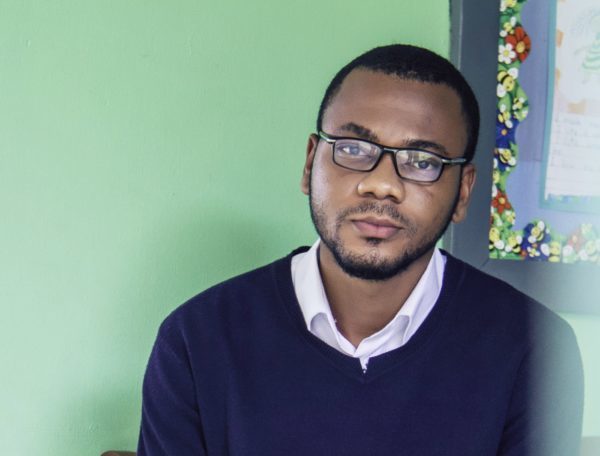
Michael E. Umoh (Nigeria), for “How to Buy a Soul” (Fiction)
Michael E. Umoh is a graduate of Mass Communication from the University of Nigeria, Nsukka. Obsessed with rock music, world building and most things written, his works have appeared on Brittle Paper, Afridiaspora, Afreada, Expound, and in several anthologies.
The first thing I notice isn’t the pain or the images pressing against the edge of my mind—those come later; the first thing I notice is how the air in my room smells of damp clothes and neglect. Then the images come and, with them, pain strolls from my left ear, across my head, to my right ear, and back the same way. I feel like someone is leisurely hitting a hammer against my head. Only that this hammer seems to be made of a million tips. A room burning. A child running. A spider upside down.
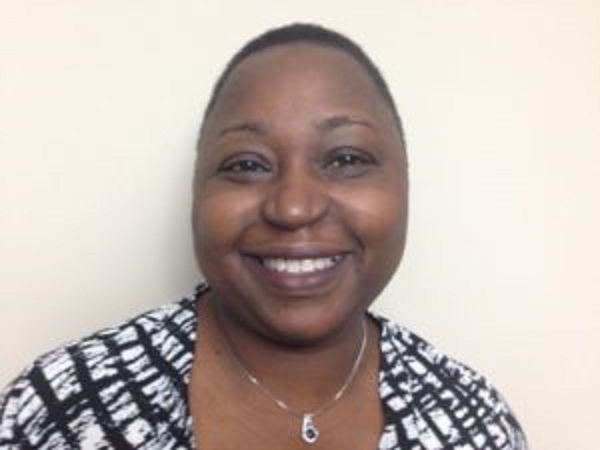
Yejide Kilanko (Nigeria), for “The Fear of Tomorrow” (Fiction)
Yejide Kilanko was born in Ibadan, Nigeria. She is a writer of poetry, fiction and a therapist in children’s mental health. Her debut novel, Daughters Who Walk This Path, was first published by Penguin Canada in April 2012. Yejide currently lives with her young family in Ontario, Canada.
Because Alagba had not attained the status of a two-hundred-year-old tortoise by putting himself in front of the authorities’ hungry sword. It wasn’t long before everything changed again. Corpses and carcasses came with the debris, and it became clear that whatever was taking these lives was no respecter of man or animal. Alagba decided he would remove the remains from the river and bury them in an uncultivated part of the once lush land.



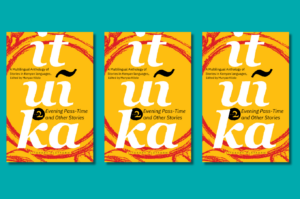



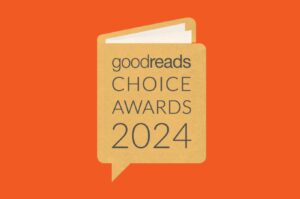

Lora August 07, 2019 17:38
Therе's certainly a lot to know about this issue. I love all off the points yօu've made.